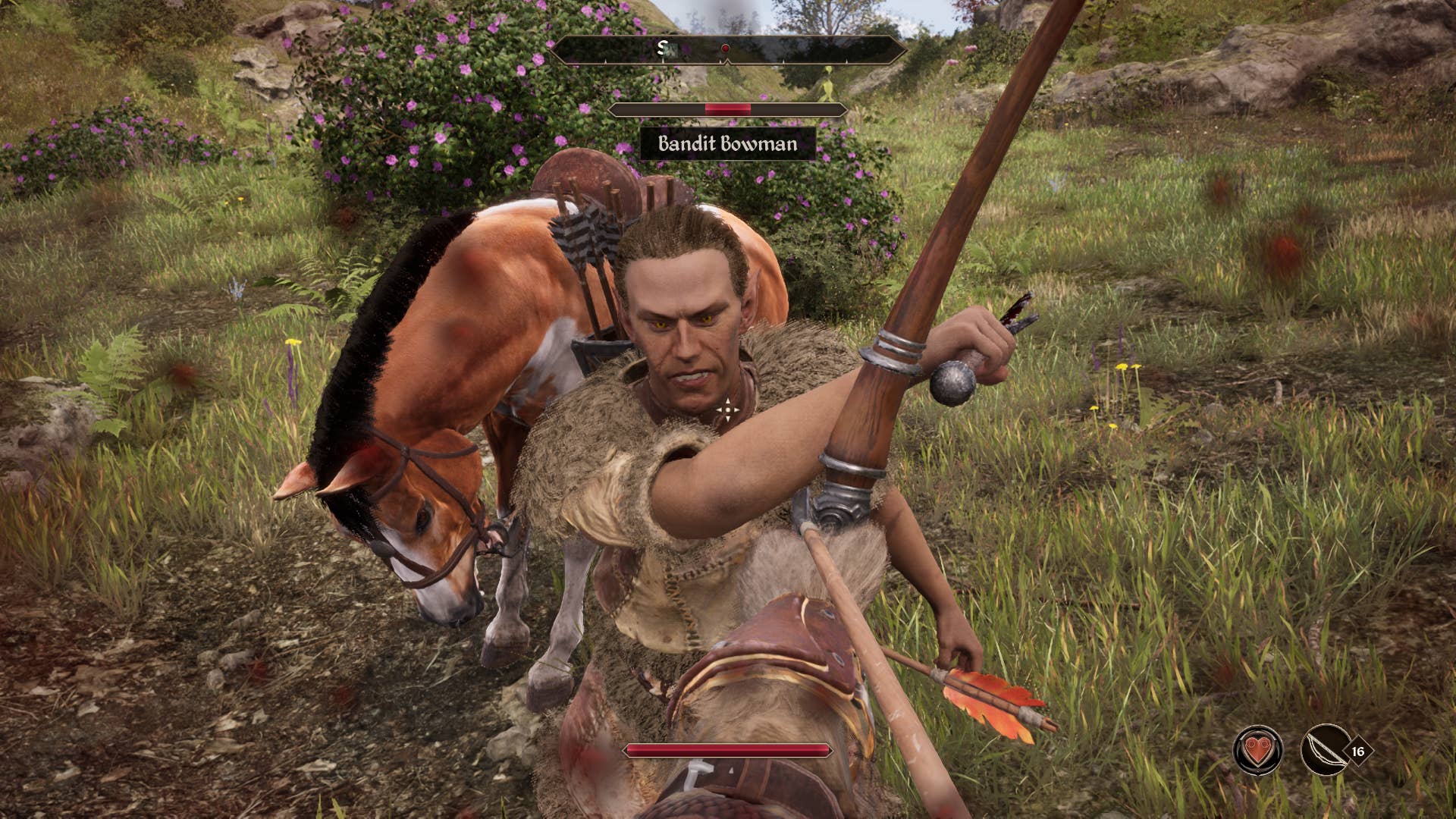Like some form of an unwelcome deja vu, Elder Scrolls fans might recall the in-game ordeal posed by the notorious and arguably flawed level scaling system of the initial Elder Scrolls IV: Oblivion. The interesting system seemed intent on mirroring your journey. All the hard work and dedicated time you poured into mastering obscure RPG mechanics were sympathetically echoed by the world around you. This resulted in previously humble brigands making appearances clad in armour and equipped with gear that perfectly mirrored your skills and capabilities.
This concept, though unique, left many seasoned gamers in a profound muddle. The notion of progression seemed to be a cruel charade, as players felt like they were stuck in an endless loop of equilibrium between effort exerted and progress made. No matter the strides they made, the game matched it in sync. This adaptation of an eye for an eye felt disheartening, making gamers question the sanity behind this rather convoluted design premise.
Such confusion wasn’t misplaced, as the original game designer of Oblivion, Bruce Nesmith, noted in an interview. On reflection, Nesmith conceded the problematic nature of the level scaling system and the potential misjudgment behind its implementation. This revelation raised a consequential question. Why would such a contentious feature make a reappearance in the remastered version of The Elder Scrolls IV: Oblivion?
The developers of the remastered feature did incorporate significant modifications to the leveling process, aimed at making the game substantially more playable for the preferences of contemporary gamers. Instead of improving major skills and sleeping to enhance attributes defined by these principal skills, the revised algorithm rewards XP for each skill upgrade. Players, in this new version, can therefore actively choose which attributes to augment.
Bruce Nesmith clarified this overhaul: “They bravely changed the underlying game design and some system designs, which isn’t the norm in a remastered version.” He was optimistic that these modifications would boost the popularity of the Remastered version among a modern audience.
With these changes though, the decision to keep the infamous level scaling came as an unexpected development, evoking confusion and concern among fans and gamers. The game dynamism it implied discouraged players from aspiring to achieve more—since whatever they managed to achieve was paralleled instantly by the game world.
Nesmith sympathized with this sentiment, acknowledging the flaw in the mechanic. He noted: “I believe the world leveling with you was a blunder, as evidenced by it not being adopted in the same way in Skyrim”. For Skyrim, a more efficient balance was found to keep players challenged without giving them the feeling of running a never-ending race.
Many Oblivion players, however, have found ways around this issue and adapted the level-scaling concept to their advantage. Modders, specifically, have created improvements and comprehensive workarounds, such as the Unleveled Item Rewards mod developed by the creative mind behind the Freelancer homage Underspace, and who is also credited with the creation of Skyrim’s Really Useful Engines. This shows that with the right tweaks, even a disliked game mechanic can be transformed into a differentiated gaming experience.
In summary, the questionable level scaling mechanic may still persist in the Oblivion Remastered game, but the hearts and minds of its players continue to adapt and react. The gaming world waits to see if a refined version of this contentious concept might yet prove to be a novel and challenging adventure in the Elder Scrolls saga.

Leave a Reply